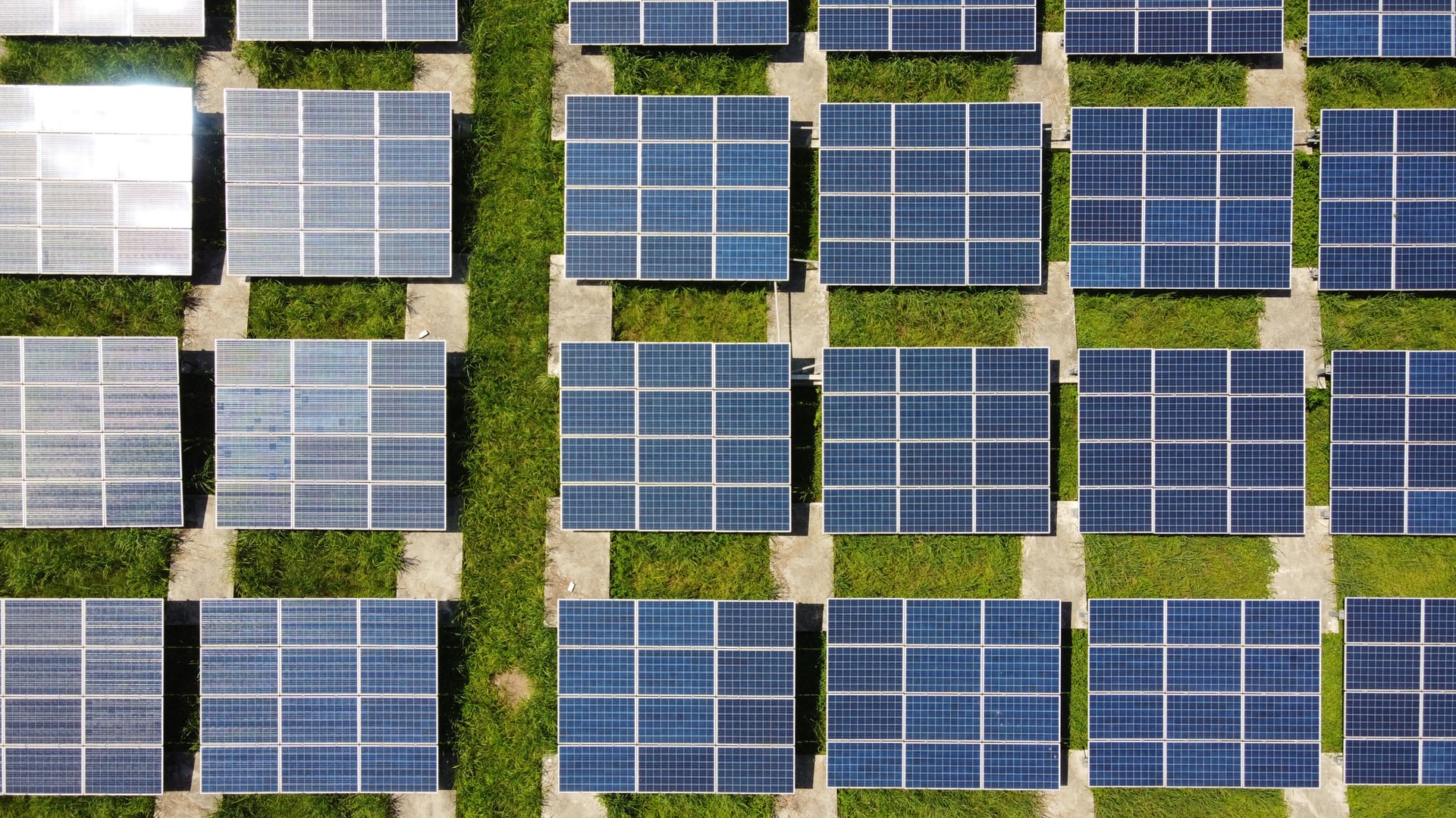Introduction: The Power of Lithium
Deemed a “pillar for a fossil fuel-free economy” by the United Nations, lithium is expected to replace fossil fuels as the world’s dominant commodity in coming years as demand for the alkali metal grows. Already a major component of the electric mobility movement, lithium and the batteries it powers is integral to both the transport and energy sectors. However, while the use of lithium-ion batteries is well known within the electric vehicle sector, why is lithium important for renewable energy?
Energy Storage Systems
The negotiations taken at the 2021 UN climate conference (COP26) showcased the steps needed to reach net-zero goals: improving renewable energy infrastructure, divesting from fossil fuels, increasing renewable energy capacity, and developing energy storage systems for grid-scale use. Highlighting the benefits of the summit, the International Energy Agency (IEA) reports that renewable electricity capacity additions set new records last year despite increases in materials prices. With renewable energy expected to reach over 4800MW in capacity by 2026, the market for clean energy is set to explode – yet one major challenge still remains: intermittency.
Intermittency refers to the non-continuous energy production of renewable energy sources such as solar or wind. This is obviously contrasted by the constant power output that can be generated by fossil fuels, and has been a major talking point for natural gas advocates during current policy discussions. However, a solution to renewables’ intermittency issue already exists. Energy storage systems can stock energy created by solar panels or wind turbines during peak times and release it into the grid during lulls in power production. Lithium-ion batteries are renowned for their versatility, and several projects have been undertaken to scale them from EVs to grid-scale and have shown much promise, leading to them becoming core components of several nations’ decarbonization plans.
Capacity Building
Energy storage systems, especially early into the transition to a low-carbon economic structure, will be critical in supporting the implementation of renewable energy. The IEA’s modeling and predictions highlight a need for an effective, efficient energy grid, while energy experts also call for large-scale lithium battery storage that mimics the projects seen in Australia and the United States. Furthermore, building capacity for renewable energy and associated energy storage has become a national security issue. With the backdrop of the ongoing war in Ukraine, IEA Director General Faith Birol notes, “Energy market developments in recent months – especially in Europe – have proven once again the essential role of renewables in improving energy security, in addition to their well-established effectiveness at reducing emissions.”
This would corroborate recent U.S. Department of Energy (DOE) reports, which have previously outlined that, ““By 2030, the United States and its partners will establish a secure battery materials and technology supply chain that supports long-term U.S. economic competitiveness and equitable job creation, enables decarbonization, advances social justice, and meets national security requirements.” As such, there is a pressing need for renewable energy to be implemented at a fast rate along with the technology integral to its success. The availability of lithium for batteries, much like the installation of renewables, is a priority issue for any country serious about their energy independence and decarbonization policies.
Conclusion: Renewable Energy Needs Lithium
Without lithium, the efficiency and ability to implement renewable energy will be limited. As such, the element is critical to the development of low-carbon power opportunities across the world, and will dictate how fast the global transition can happen. Especially for nations with high intermittency, increasing energy needs, or demand for self-reliance, lithium-ion batteries for energy storage provide the perfect solution to maximize the use of solar, wind, and tidal energy and dependency on fossil fuels. The shift to renewable power can only be successful with the use of lithium.

